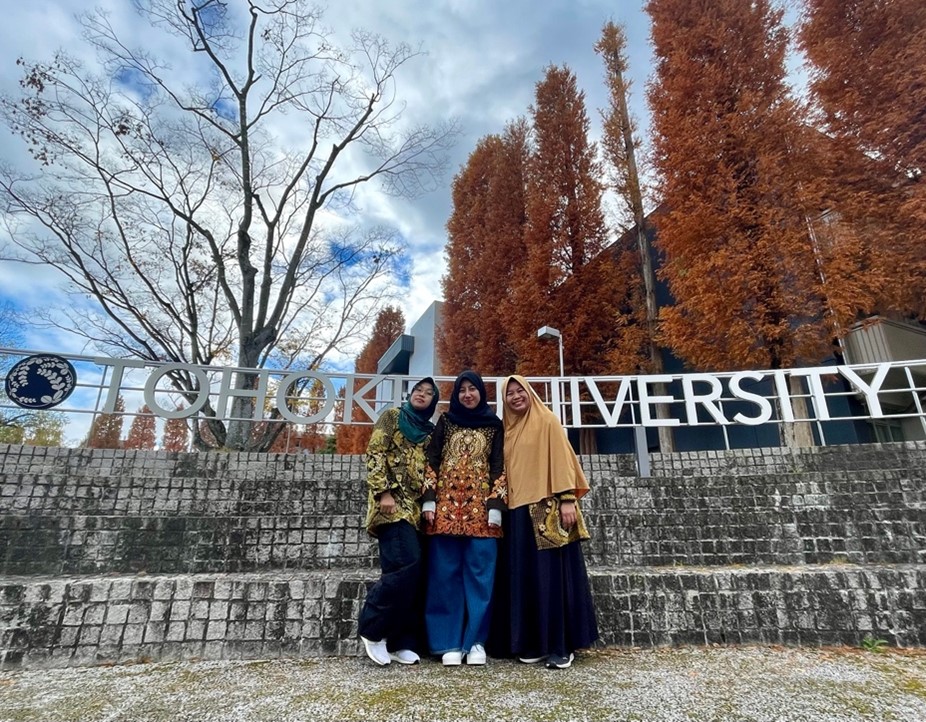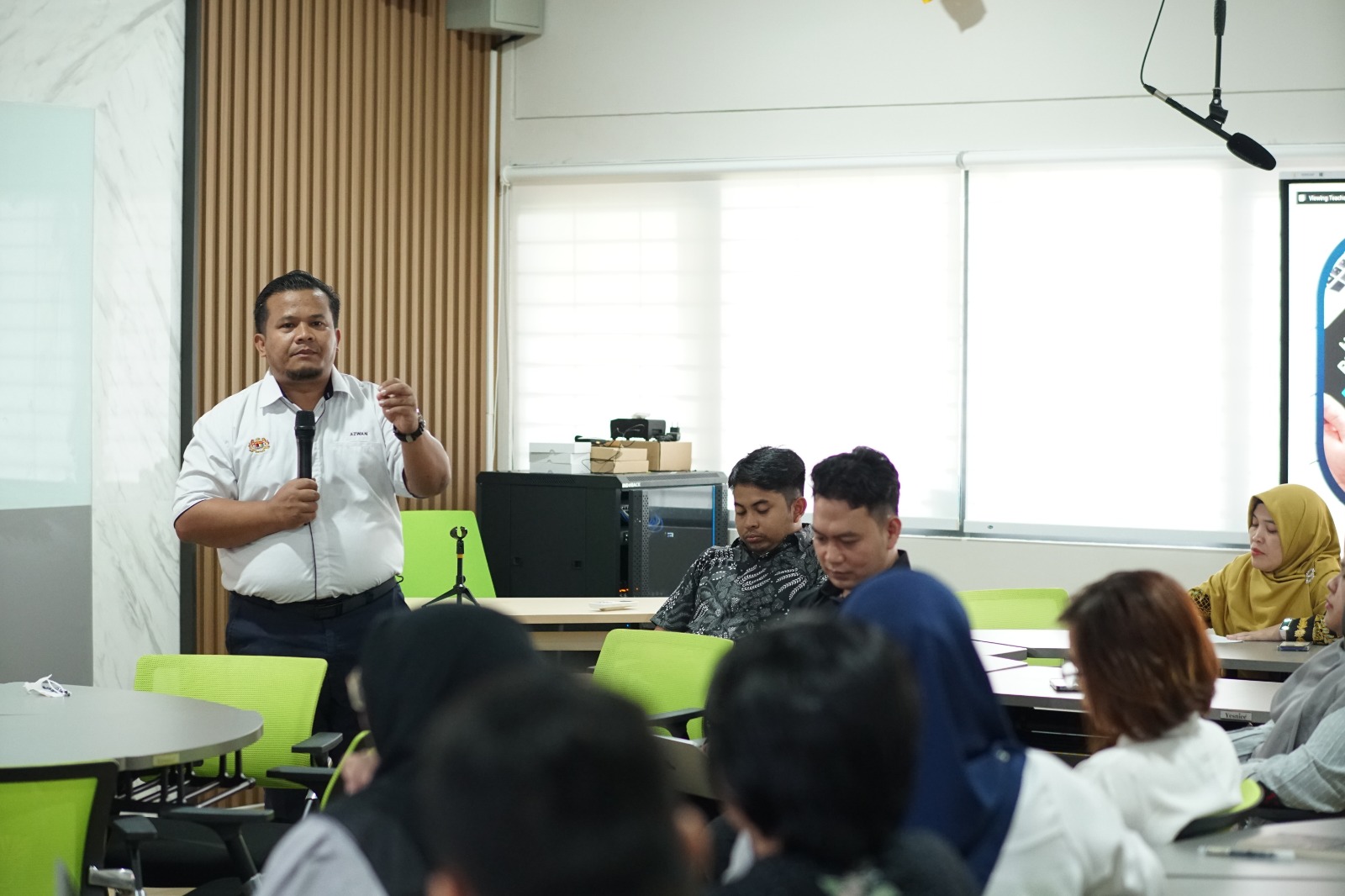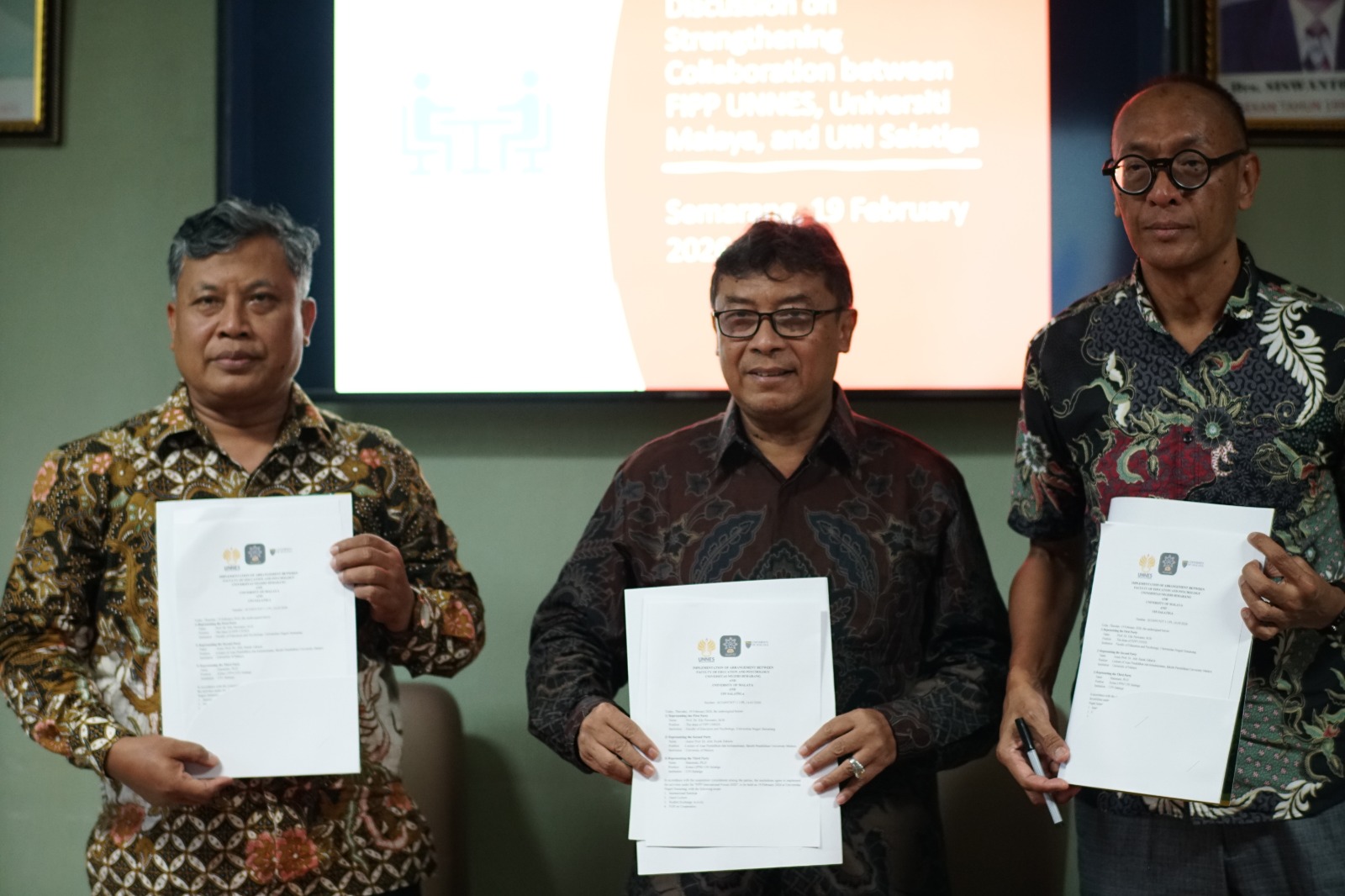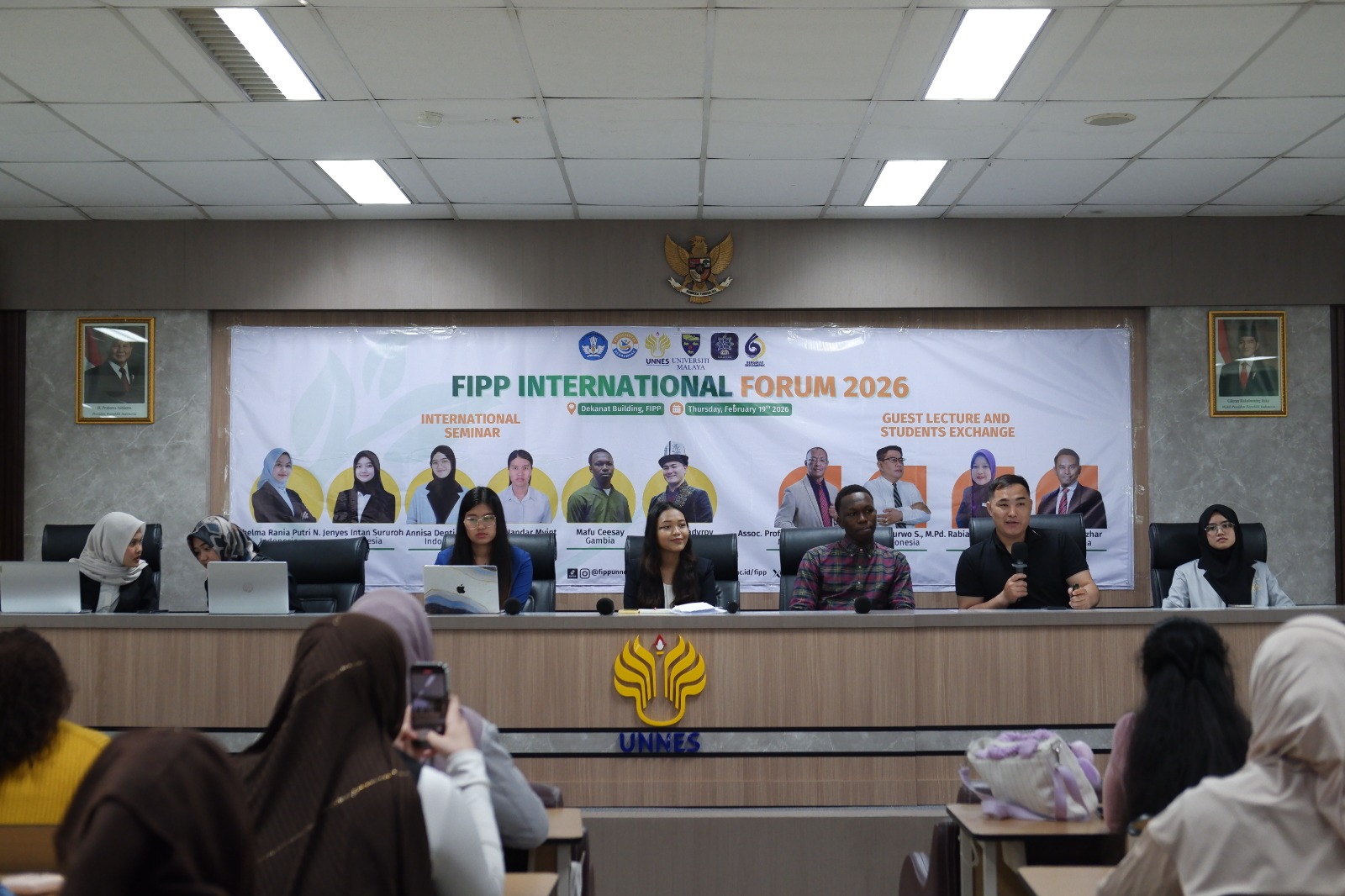Sendai/Tokyo, Japan – To strengthen international cooperation, an academic delegation from the Faculty of Education and Psychology (FIPP), Universitas Negeri Semarang (UNNES), conducted a series of educational activities in Japan from November 19 to 25, 2024. These activities aimed to advance education and research while fostering cross-cultural relations between Indonesia and Japan.
The collaborative initiatives began at Tohoku University, Sendai, with a research program that has been ongoing for two years. The research, titled Parenting Influence on Lifelong Learning Education: A Comparative Study of Family Patterns and Cultural Dynamics in Japan and Indonesia, was led by Dr. Diana, M.Pd., from the Early Childhood Education (PG-PAUD) Study Program. “This collaboration not only enriches our academic knowledge but also strengthens the bonds of friendship between Indonesia and Japan, particularly in parenting practices which, while differing, share common values in certain aspects,” said Dr. Diana.
The second activity, a community service program, was held on November 21 at the Indonesian School in Tokyo. This initiative, led by All Fine Loretha, M.Pd., from the Non-Formal Education Program, carried the theme Strengthening National Awareness in Children through Interactive Modules Based on Pancasila Student Profiles at the Indonesian School in Tokyo. During this activity, interactive modules were introduced to enhance national awareness among students and were also donated to the school as a program output. The initiative received support from the school principal, Ari Driyaningsih, M.Pd., and Prof. Dr. Amzul Rifin, SP., MA, the Education and Cultural Attaché at the Indonesian Embassy in Tokyo. “This program is essential for incorporating national awareness into the overseas education curriculum and strengthening national identity among Indonesian students,” stated Loretha.
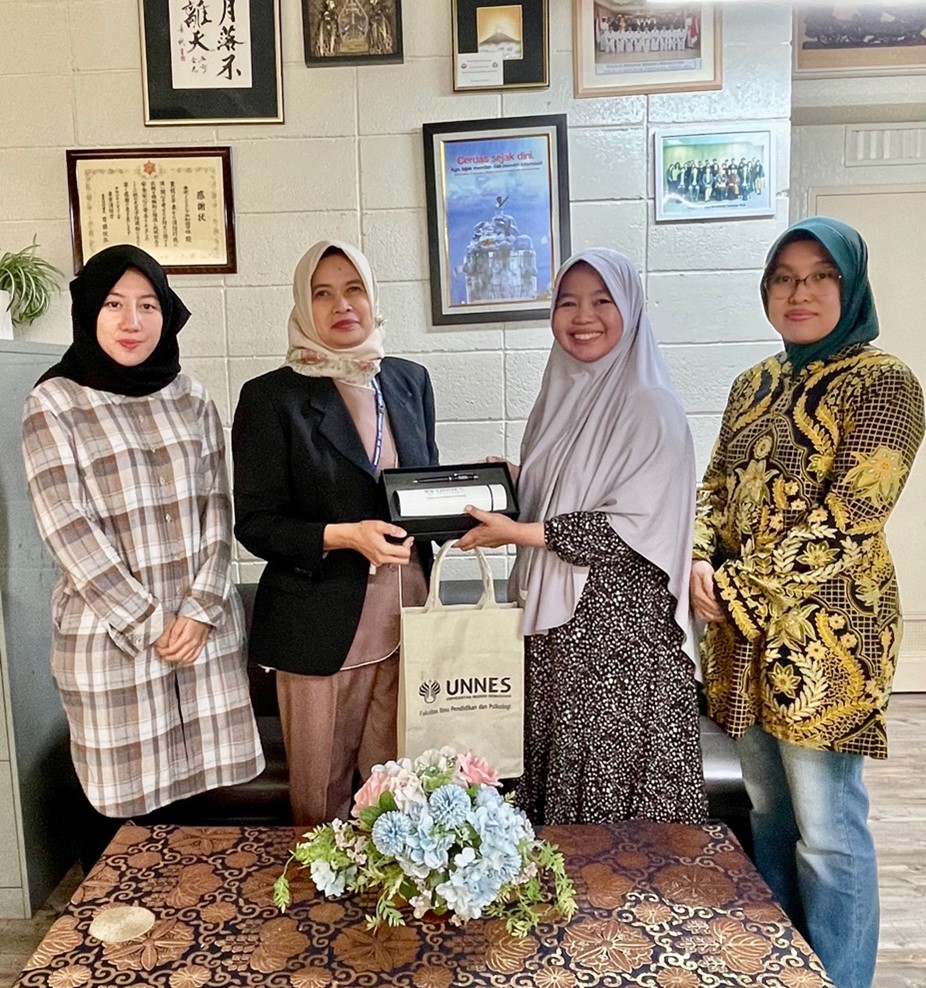
On November 22, 2024, the delegation participated in the Tokyo Forum 2024 at the University of Tokyo. The event focused on discussions about gender and innovation, with the Indonesian delegation taking part in the panel discussion titled Gender-Based Innovation Shaping the Future. This session highlighted the significance of innovative approaches in education and social policy design to promote gender equality.
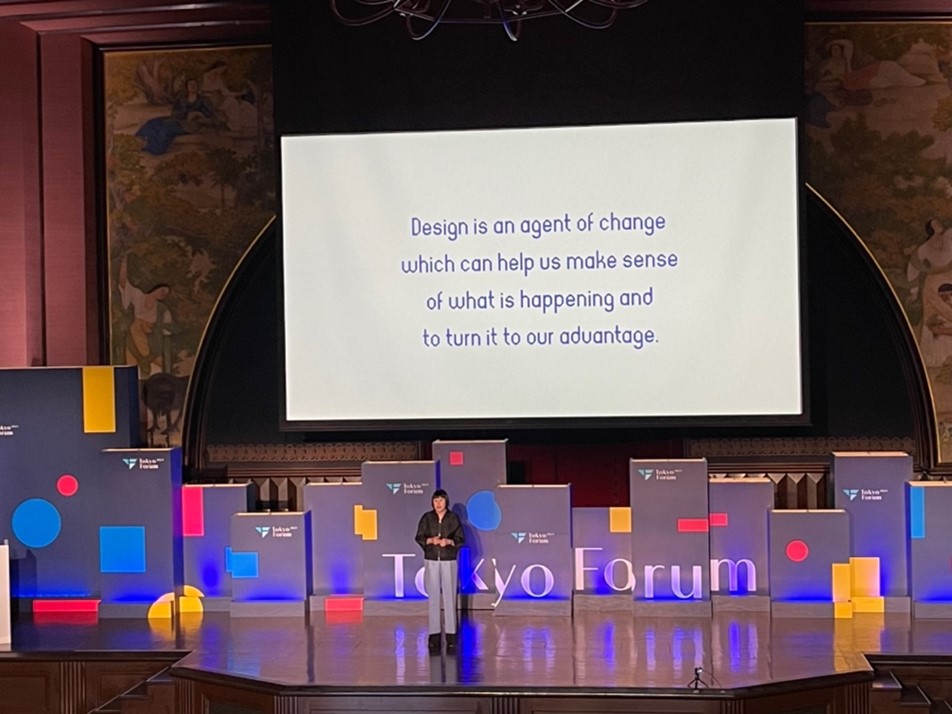
The academic visit concluded on November 25 with a learning observation at Asahagioka Public Kindergarten. The activity, led by Rina Windiarti, M.Ed., explored innovative teaching methods for early childhood and kindergarten education. It was followed by a Focus Group Discussion (FGD) on school management aspects, including curriculum, facilities, and infrastructure. “We have gained valuable insights that we aim to implement in curriculum development in Indonesia, providing new perspectives on inclusive education for young children,” said Windiarti.
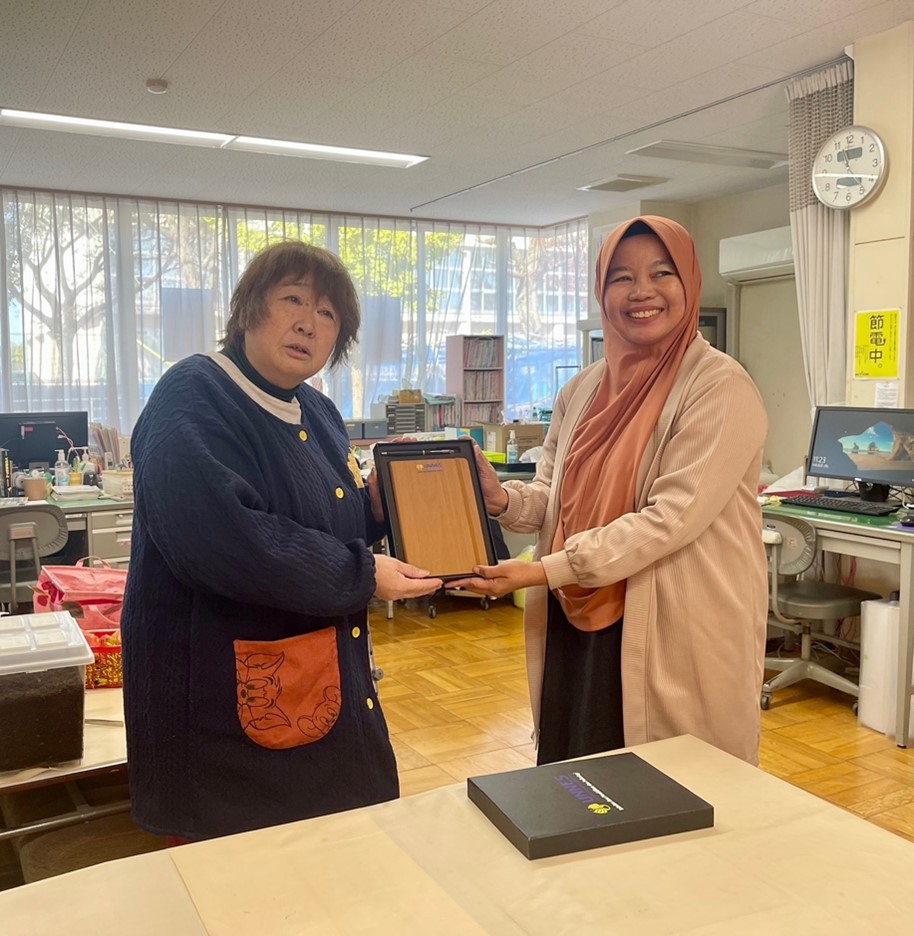
Through these activities, the FIPP UNNES delegation strengthened existing collaborations and paved the way for new opportunities for broader partnerships in the future. This initiative is important in advancing sustainable and impactful education and research at Universitas Negeri Semarang.

